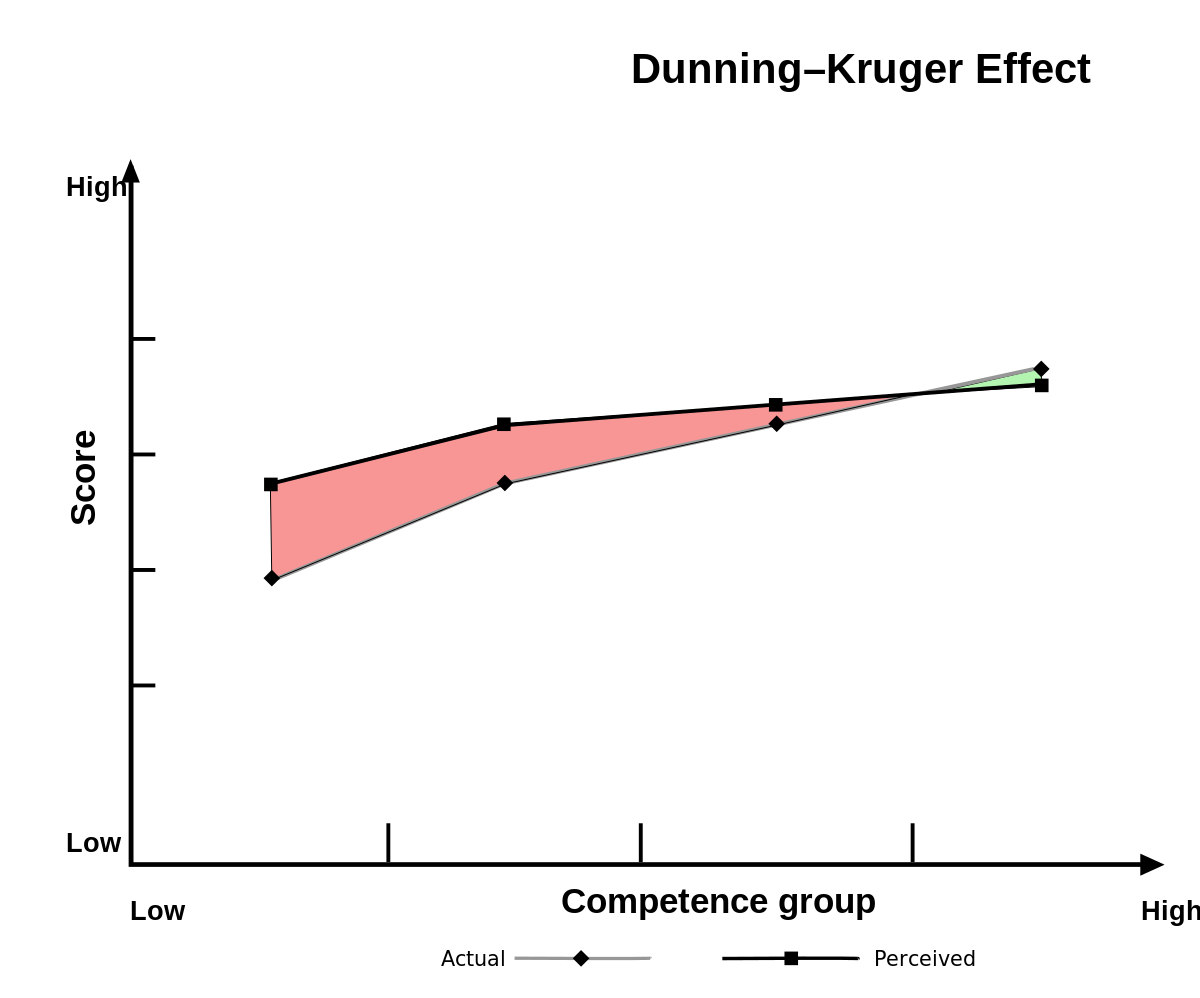I think it's too bad and it contributes to the argumentative nature of the internet, where every argument gets more and more precise and more people get divided along trivial lines. I like to think of how an argument/discussion is always so different at a bar, than when held online on the internet. Like, if you get talking to someone you don't know at a bar and you find out they may be from the opposite of the political spectrum as you, the argument is nearly always way better natured with way more give and take and a general sense of congeniality, than if that happens on the internet. Some of that is because people may have their "truer selves" or "they're dicks" on the internet, but, I think part of this "everybody is an expert online" thing contributes to it.
On the internet, you can google literally anything to make your point and find some source to back up some bias or preconceived notion that you have. And most arguments either become stalemates so you have to attack someone in a mean way, or you end up debating the veracity of sources... Or you come up with some littany of "Argument faux pas," which is why online so many people trod out the worn and tired rules of arguing using Latin phrases to describe things that that they think are violations of arguing. It's because arguing on the internet makes everything so precise that to get a leg up, you have to fall back on tired argument tropes and allegations. Everybody is an expert, everybody can find something that bolsters and supports their point of view, and then the argument moves from being about two viewpoints to being about ... whose sources are more accurate, or something, which most people aren't really experts on ... but that's another thing that you can become an expert on in a quick google search.
Now, some might think "Well there should never be a give and take when arguing with someone who is a political opposite of you! That's the Overton window at work!" But I think that approach is too internet, expert focused, and that you miss out on the opportunity to win small victories and slowly chip away at a hard exterior. I think the nature of the internet is generally making more people impenetrable, creating greater divisiveness, leading to more extreme view points, creating more rigidity and less common ground, less progress, more room for regression and defensiveness. I don't think that's a good thing, it sucks, but it's the world we live in now.



